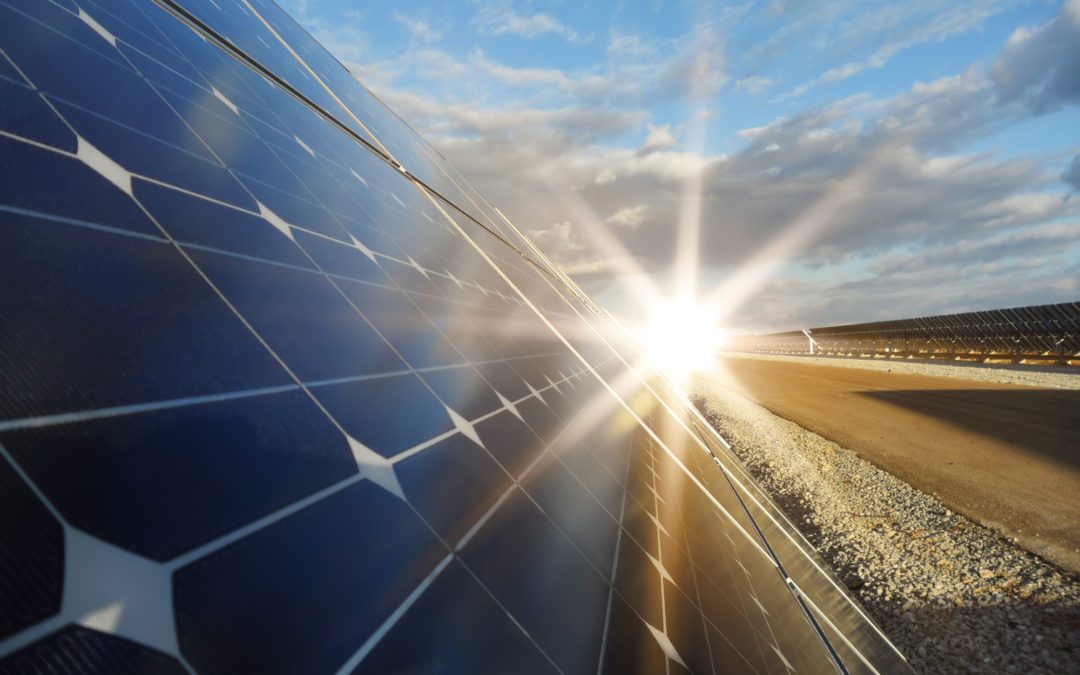The United States Department of Energy oversees a wide range of responsibilities, but it also strives to make recommendations that average Americans can use to consume energy intelligently. That’s why it administers programs such as EnergyStar, which certifies efficient appliances from dryers and washing machines to furnaces and air conditioners. The DOE also publishes guidance for consumers, families, and individuals aimed at reducing consumption and helping Americans save money. Some of this guidance concerns how to care for AC equipment effectively. Let’s look at why the Department of Energy recommends HVAC maintenance takes place regularly.
The Reasons Why the Department of Energy Recommends HVAC Maintenance
In total, there are four key reasons for the DOE’s recommendations. Almost all of them means saving money in the long run while enjoying more reliable access to heating and cooling. In detail, they include the following:
It Prevents AC Systems from Breaking Down as Often
Imagine if you never went to the doctor, or for another example, never took your car in for an oil change or an inspection. How can you know when something isn’t quite right if you aren’t periodically checking to see that everything is in good order? Periodic AC maintenance serves the same function. Like any machine, ACs can break down over time simply due to wear and tear. Bringing in a professional on an annual or semi-annual basis is an easy way to spot problems before they develop into equipment failures.
It Gives the Equipment a Longer Usable Lifespan
When purchasing a new air conditioner or furnace, “how long will it last?” is one of the biggest questions any homeowner has. One thing is for you: when you take better care of the unit and ensure it’s always kept clean and in good shape, it will last much longer than a neglected and overlooked unit. That’s part of why the Department of Energy recommends HVAC maintenance: it keeps efficient units in service for a longer period. Good upkeep extends the value of your investment in HVAC technology significantly. Otherwise, you could face early replacements.
It Makes Furnaces Safer to Operate
While air conditioners generally fail in safe ways, furnaces aren’t quite the same. Some problems, such as cracked heat exchangers, can allow dangerous and potentially fatal levels of carbon monoxide to leak into the home. Regular maintenance, especially before heavy use during the winter season, will ensure that you’re always aware of the state of your furnace. A professional won’t allow an unsafe system to operate in your home; they can either suggest a repair or a replacement. While a longer lifespan and fewer breakdowns are great benefits to consider, the safety of yourself and your family at home is also a key factor.
Maintenance Can Lead to Lower Energy Bills
Un-maintained heating and cooling systems often aren’t running at their best level of efficiency. They might have an EER or SEER sticker on the side that pledges a certain level of annual costs, but you can’t expect to achieve those results if you aren’t keeping the unit in good shape. When you maintain your unit, you can often trust in it running at peak performance most of the time. As a result, you’ll enjoy lower energy bills every month without having to sweat or shiver by keeping the thermostat at more frugal settings.
What Types of Maintenance Does the DOE Recommend?
So, what do you need to do to tap into these benefits and be in line with the DOE suggestions? Some actions you can take on your own, and others will require you to connect with a trusted local service provider. The maintenance you should consider includes:
- Filter changes regularly for both your air conditioner and furnace during periods of use, which help improve indoor air quality.
- Unit cleaning, including fins, coils, condensate drains, and more, keeps the unit operating efficiently.
- Annual maintenance for tune-ups and check-ups will also reveal problems that may need repairs sooner rather than later.
- Home maintenance for thermal envelope improvement, including improving seals around doors and windows, so your unit doesn’t have to work as hard.
With these simple steps and a periodic check-in with a service provider, it’s easy to follow recommended maintenance guidelines.
Finding Help to Maintain Your HVAC Systems
From your furnace to your air conditioner, it should be easy to see now why the Department of Energy recommends HVAC maintenance. Whether it’s keeping your home comfortable during the height of summer and winter or driving your energy bills down through improved efficiency, regular maintenance is critical. Otherwise, it wouldn’t come with so many well-researched guidelines for when and what types of maintenance you should perform. To make it easier to stay on top of these tasks, find a reputable HVAC contractor in your area today.

